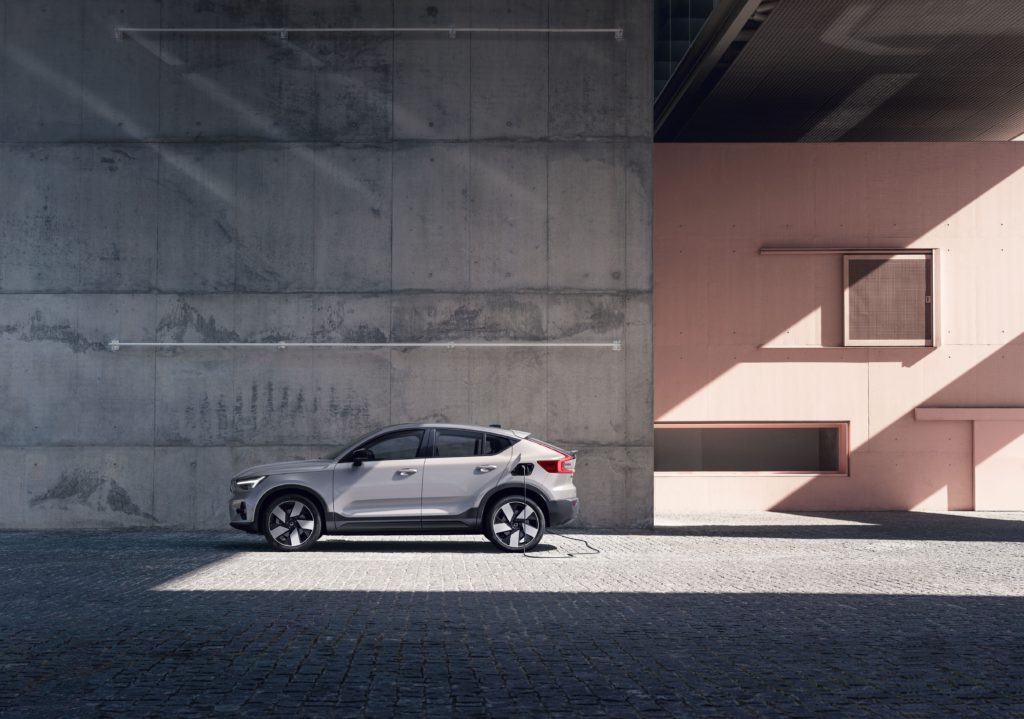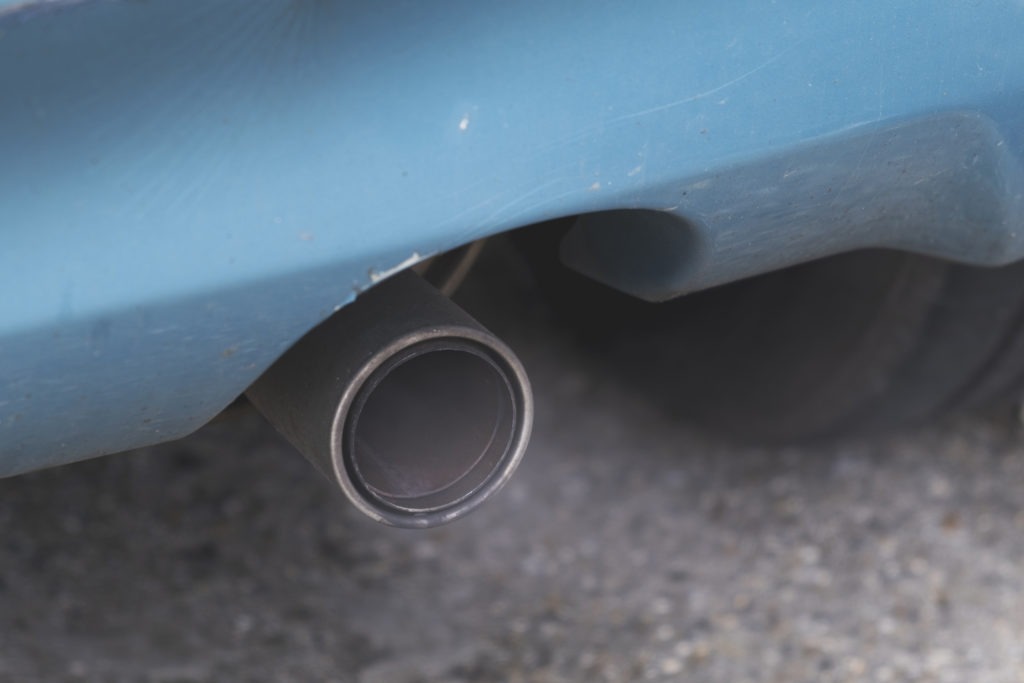Volvo Cars raises €500 million for electrification through green bond
26 May 2022

On the road to electrification, Volvo has raised €500 million from global investors via a green bond.
All the proceeds have been earmarked to help Volvo accelerate its transformation into a fully-electric carmaker by 2030. This means no more internal-combustion engine models, including hybrids. Then, by 2040, the company aims to achieve climate neutrality and gain a circular status.
Over two thirds of the funds will be invested into the research and development of powertrains and related platform technology for the next generation of fully-electric Volvos. The remaining amount will be channelled into boosting the production capacity of battery-only vehicles.
Sustainable investing
Despite difficult market conditions, the bond was oversubscribed three times, highlighting an eagerness for sustainable investment opportunities. Volvo believes this illustrates how much trust investors have not only in the carmaker, but also its sustainability plans.
‘Sustainability is central to our purpose and business, and key to our future success,’ said Björn Annwall, chief financial officer of Volvo Cars. ‘The high interest for our green bond is encouraging and a clear sign that the market believes in Volvo Cars and the investment plans we have developed to deliver on our climate ambitions. It also reaffirms our commitment to the Paris Climate Agreement and to become a climate-neutral company.’
The green bond offered is set at a fixed rate over six years and was issued under Volvo Cars’ Euro Medium Term Note programme. Maturing on 31 May 2028, it will pay a fixed annual interest rate of 4.25% and will be listed on the Luxembourg Stock Exchange.
In 2020, the carmaker set up a Green Finance Framework, allowing it to fund sustainability plans and electrification strategies through bonds and loans. Shortly after the creation of this framework, Volvo was able to place its first green bond, raising €500 million from a group of investors.
‘With our green bonds, we offer more opportunities to investors,’ said Annwall. ‘You can support our electrification and climate ambitions by becoming a shareholder – or by making a sustainability-focused investment through our green bonds. The financial community has a critical role to play in driving sustainable development, and we plan to continue to offer sustainable financing and investment opportunities in the future as we shift towards full electrification.’
First-quarter performance
Volvo’s financial results from the first quarter of 2022 look to support the carmaker’s determined drive to electrification. Plug-in hybrid and battery-electric vehicle (BEV) Recharge models performed well, making up 34% of all sales. The BEV versions made up 8% of this figure, up from 6% on the previous quarter. This share is expected to continue growing as annual production capacity is increased to 150,000 units after the summer.
The carmaker reported that gross income per all-electric unit was ‘healthy’, achieving SEK59,000 (€5,589) and exceeding the comparable non-electric XC40. However, it confirmed that margins were lower due to the higher costs associated with the electric drivetrain, including the battery. BEV models claimed a 57% share of investing cash flow, with 9% going to non-battery models and the remaining 34% shared between the two.
One of the carmaker’s most significant investments is a partnership with Northvolt to build a gigafactory in Gothenburg, Sweden. Scheduled to open in 2025, it looks to boast an annual production capacity of 50GWh, using only fossil-free energy. Investments like these will be foundational in Volvo’s electric future, lowering the costs of expensive components like batteries, and securing supply chains.



